David Bowie Made Me Gay: 100 Years of LGBT Music
£5.70
The definitive book on the influence of LGBT performers on modern music: a Duckworth contemporary classic, beautifully repackaged for our 125th anniversary
From Sia to Elton John, Dusty Springfield to Little Richard, LGBT voices have changed the course of modern music. But in a world before they gained understanding and a place in the mainstream, how did the queer musicians of yesteryear fight to build foundations for those who came after?
Pulling back the curtain on the colourful world that shaped our musical and cultural landscape, Darryl W. Bullock reveals the inspiring and often heartbreaking stories of internationally renowned stars, as well as lesser-known names, who have led the revolution from all corners of the globe. David Bowie Made Me Gay is a treasure trove of moving and provocative stories that emphasise the right to be heard and the need to keep up the fight for equality in the spotlight.
Read more
Additional information
| Publisher | Duckworth (7 Sept. 2017) |
|---|---|
| Language | English |
| File size | 18269 KB |
| Text-to-Speech | Enabled |
| Screen Reader | Supported |
| Enhanced typesetting | Enabled |
| X-Ray | Not Enabled |
| Word Wise | Enabled |
| Sticky notes | On Kindle Scribe |
| Print length | 466 pages |

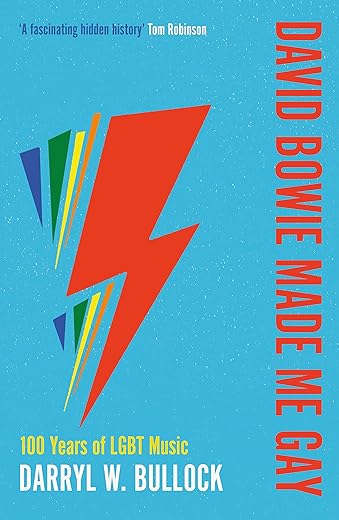
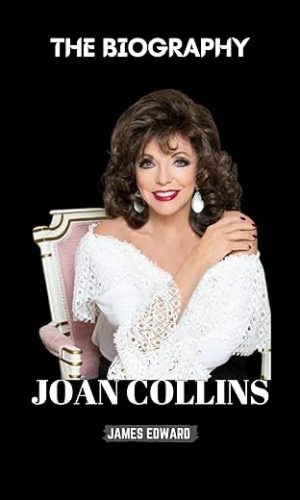
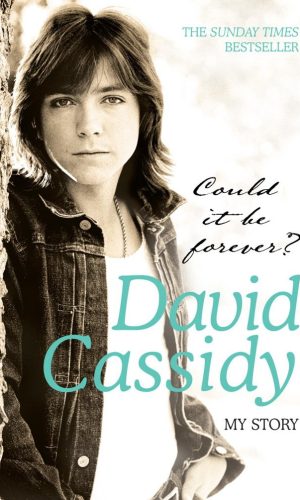


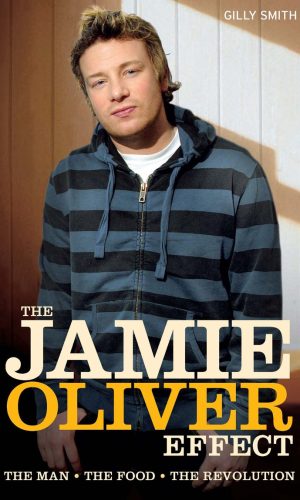
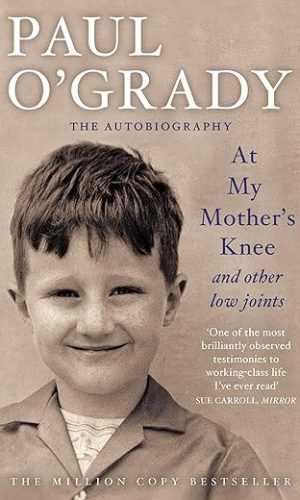
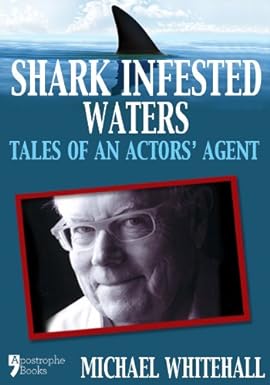
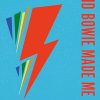
by Teesside_Parmo_Express
Excellent book, masses of details and the author clearly knows his stuff.
You do not have to be gay to enjoy this, just love music.
by D. Williams
Great service, great product as described Wonderful read
by Amazon Customer
Lists and lists of names.-most of whom the British public will never have heard of.Many of the artists mentioned had very short careers and little impact on gay peoples’ emerging perception of themselves . Very little of their work can be sampled,even if should you feel the urge to so do.The narrative is,at times,very disjointed as the writer introduces a person linked to the person he’s discussing and then darts between the two so that the reader is forced to look back to check which one he’s actually referring to.This is less a history of LGBT music, than a brief glimpse at the lives of a few performers who happened to be gay, and little attempt is made to link this disparate assembly or to examine the social context which shaped them and how they ,in turn,attempted to reshape it-if indeed, they even did. Overall,the book lacks focus and direction-on top of which,most of their life stories are decidedly boring too!
by Mark G. Goacher
This is a very comprehensive survey of LGBT related popular music in the 20th and 21st centuries. There is certainly room for more books on this subject as the only other decent one I know is Wayne Studer’s “Rock on the Wild Side” 1994. While Studer’s book is in the form of an artist by artist encyclopaedia, this new one by Darryl W Bullock is structured in a series of themes chapters. This allows Bullock to interweave LGBT social history into the narrative so that it isn’t just a book about the artists. The book is also very comprehensive so, for example, we have chapters about the blues (‘Bull Dyker Blues’) and about jazz (‘Strange Fruit’). The range and scope of the book are it’s best feature and it has already got me checking out the likes of Peter Wyngarde’s bizarre 1970 album and the Tornadoes’ camp B-side ‘Do You Come Here Often’.
Now for the nit-picking. Firstly the title states …’100 Years of LGBT Music’, yet the book excludes classical music. No Benjamin Britten et al. Secondly the pace of the book is very fast so that sometimes no sooner has Bullock mentioned an artist then he seems to be whizzing onto someone else. Not always, for example Joe Meek gets a fair few pages, however crucial gay artists such as Jimmy Somerville deserve a higher word count in my view. Furthermore there are a few confusing errors, for example Bronski Beat appear in a chapter on the 1970s and Bullock states that the Communards only released one album (‘Red’) when it was two, their first album simply being called ‘Communards’. Also, like the Wayne Studer book, there are omissions. For example no mention of Michael Cohen or his classic Folkways album ‘What Did You Expect’. Robert Campbell and Paul Wagner also fail to get a look in, the book is a bit thin on some pioneering 1970s singer-songwriters. Thankfully Steven Grossman and Jobriath are well covered however Charlie Murphy’s gay anthem ‘Gay Spirit’ is not or Everyone Involved’s ‘A Gay Song’ or Maxine Feldman ‘Angry Atthis’.
That said this is still a very good read and a valuable addition to LGBT cultural history. I would also recommend the Wayne Studer book however that badly needs to be expanded, updated and reissued as a second edition.
by Kevin Crowe
This excellent book is a like a breath of fresh air. Far too many books and articles on LGBT+ music concentrate on disco, dance and electronic music, sometimes giving the impression that is the only music we listen to (even though many of us don’t dance and dislike most disco and electronic music). In many ways this book redresses the balance, looking at most genres of popular music from the earliest days of commercially recorded music in the early decades of the 20th century to the present. After an introductory chapter, the author begins with the sadly forgotten New Orleans jazz pianist, singer and songwriter Tony Jackson, who was a major influence on jazz piano legend Jelly Roll Morton. His most famous song – “Pretty Baby” – was apparently inspired by a young male prostitute. Sadly, Jackson’s original lyrics were considered too explicit, so two jobbing songwriters rewrote the lyrics turning it into a bland, pale version of the original (others later suffered the same fate, for example Little Richard’s original lyrics to “Tutti Frutti” were rewritten to remove certain references). Despite the later popularity of “Pretty Baby”, Jackson received no royalties as he had sold the rights to the song for $45.
When we think about African-American blues, the first names that come to mind are often straight men – like Muddy Waters, Big Bill Broonzy, Robert Johnson, etc. Yet many of the earliest blues performers were women, and many of those were lesbian or bisexual, including three of the greats: Ma Rainey, Bessie Smith and Billie Holiday. The first two of these also performed at New York’s many and popular “Drag Balls”.
The author also has chapters on LGBT+ popular music in Britain and mainland Europe in the inter-war years, particularly in Berlin, Paris and London, as well as in America, looking at music hall, musical theatre and jazz. In these chapters we meet the likes of Noel Coward, Cole Porter, Edith Piaf, Fred Barnes and Douglas Byng, among others.
There are also chapters looking at LGBT+ country music, rock’n’roll, 1960s beat music (and in particular the array of gay record producers during this era, including the Beatles’ manager Brian Epstein), 1970s glam rock, punk and new wave, the political stance of performers like Tom Robinson and the rise of stars like Queen, Elton John, George Michael, k d lang and Joan Armatrading. And yes, there are chapters on disco and electronic music. The final chapter looks at 21st century LGBT+ acts like Sam Smith, Conchita Wurst and Beth Ditto among others.
This is probably the best book I have read on the theme of LGBT+ popular music and even surprised me at times (I had no idea that the jazz legend – and my favourite jazz musician – Miles Davis was gay). However, it would have been good if the author could have found the space to write more extensively about the folk tradition, and particularly the British folk tradition, with reinterpretations of traditional songs such “The Handsome Cabin Boy” and the link between sea shanties and same sex activity onboard ships. Nonetheless, it is a fine book for all those interested in the history of LGBT+ popular music.
by John Andrews
Absolutely amazing book, I was glued to it from the first page! I love biographies and music so this was like heaven for me to read as it was a mix of both. Very well written, witty and informative. Just brilliant. Looking forward to more from this writer.